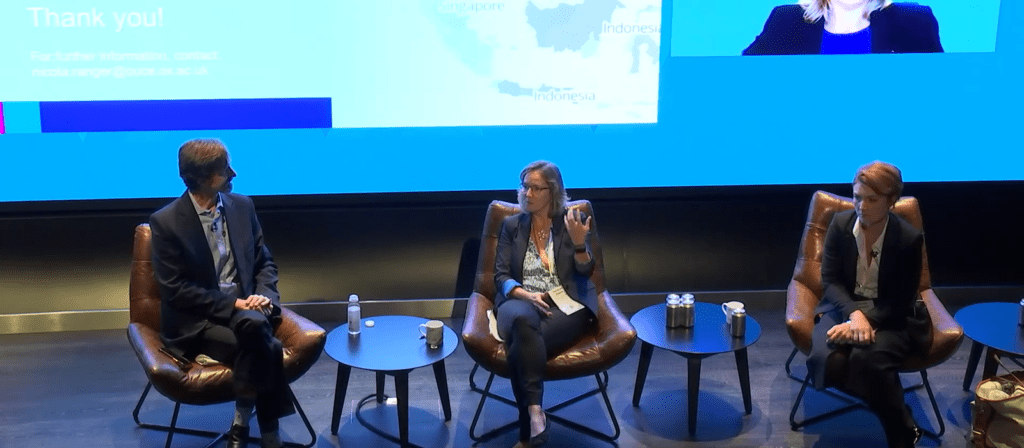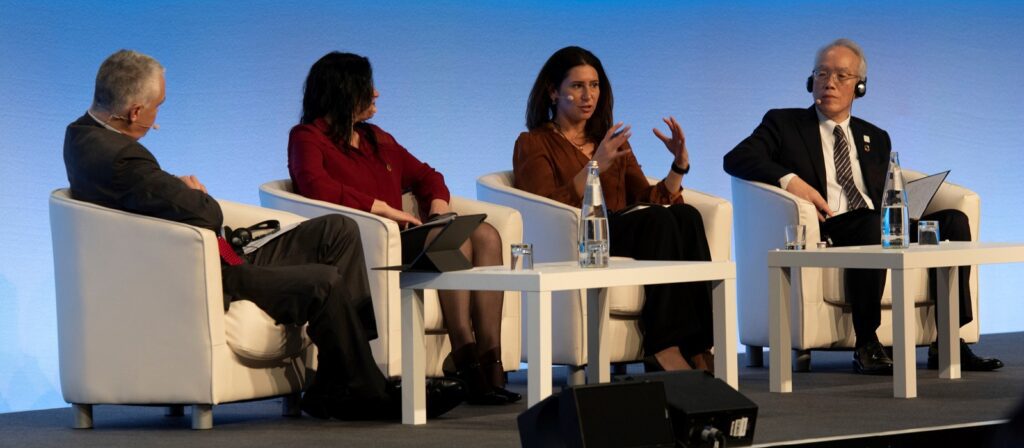The finance industry plays a crucial role in building resilience, not just in terms of mitigating risk, but in proactively shaping a future that can withstand and adapt to upcoming challenges. While the traditional view of resilience often focuses on disaster risk reduction (DRR), a broader perspective is needed. The transformation required for resilience parallels the magnitude needed for energy transformation. It’s not just about reinforcing buildings or communities; it’s about fortifying our entire economic system, especially in emerging markets where substantial development is expected in the coming years.
The financial sector, particularly areas beyond insurance like banking and private equity, lacks adequate expertise in embedding resilience. Insurance, a leader in understanding physical climate risks, is already ahead in this regard, but more is needed. Risk is not being accurately priced into global markets, leaving a void in crucial risk signals.
There is a misconception that adaptation investments lack financial viability, though there are many examples that prove this to be false. African hydropower projects, often disregarding climate risks in their investment calculus, serve as a prominent example. Another example is the resilience upgrades in coastal infrastructure, which not only protect against rising sea levels but also enhance property values. In the agricultural sector, investments in drought-resistant crops and efficient irrigation systems have shown not only to safeguard food security but also to increase long-term profitability. Similarly, in urban planning, the development of green spaces and flood-resistant architecture not only improves quality of life but also attracts more investment, boosting the local economy. These examples collectively demonstrate that sectors like agriculture, infrastructure, and urban development, when incorporating adaptation measures, not only yield substantial investment returns but also sustain these benefits, even when accounting for the costs of adaptation.
A major step towards addressing these challenges is the Global Resilience Index Initiative (GRII), formed by six partners including the United Nations Office for Disaster Risk Reduction (UNDRR) and the Insurance Development Forum (IDF). The Initiative focuses on providing open, globally consistent data on physical risk and resilience, aiming to create a common language of risk for investors worldwide. The GRII leverages insurance industry metrics and tools to fill gaps in systemic risk understanding and supports decision-making in financial institutions.
Efforts include developing frameworks for integrating resilience into financial decision-making and creating tools for infrastructure investors to prioritise resilience-focused investments. These tools are designed to be publicly available, aiding governments and organisations like the Green Climate Fund in making informed decisions.
Looking ahead, considering nature and ecosystem services in discussions about resilience and adaptation is of critical importance. The risks associated with natural systems, such as water supply and soil erosion, are immediate and compound climate risks, underlining the need for a comprehensive approach to resilience.





